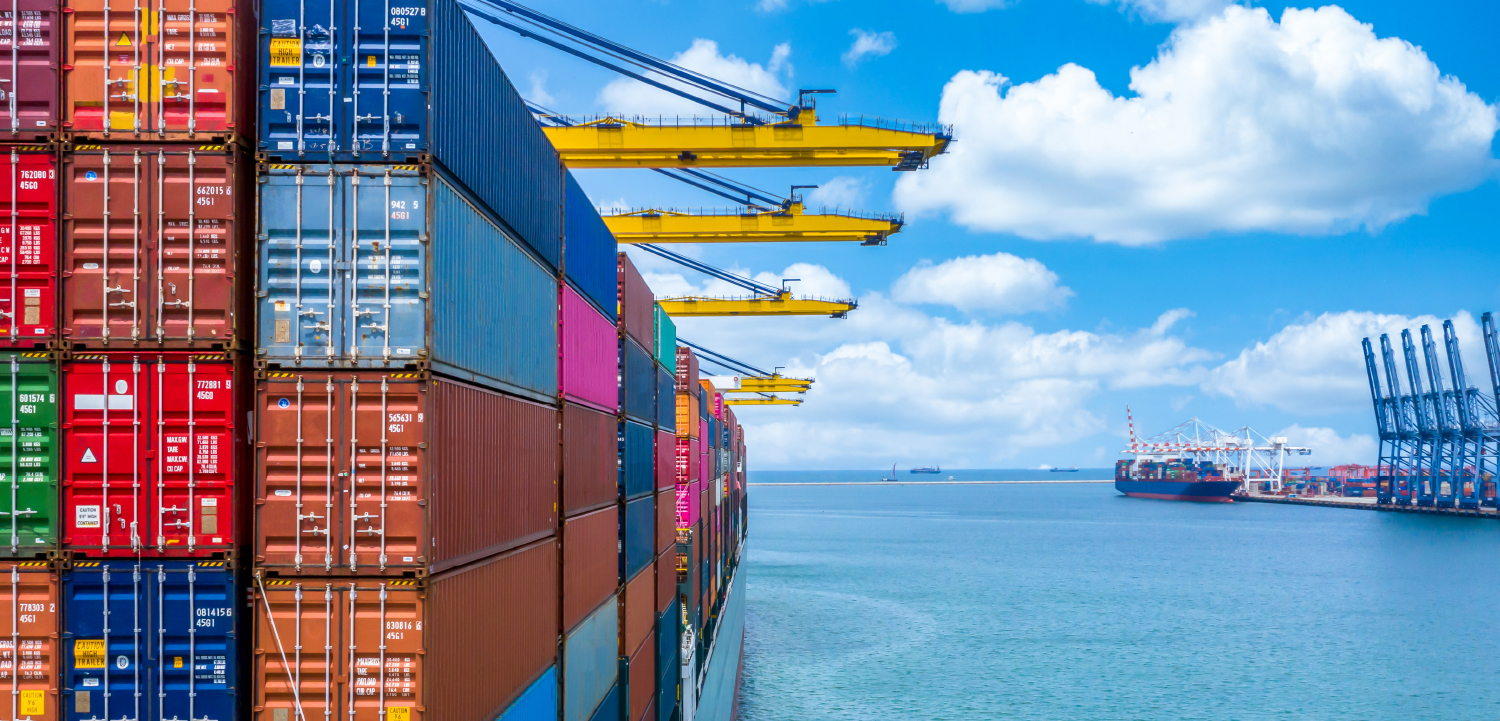Regulatory Updates
KR Decarbonization Magazine
VOL.07 | Summer 2024
| IMO Regulatory Trends |

MEPC 81 continued the discussion to develop a basket of candidate measures that designated Goal-based Marine Fuel Standard with a phased reduction of GHG Fuel Intensity (CO2eq/MJ) per energy of marine fuels over time as a technical measure and GHG Pricing Mechanism as an economic measure for the purpose of collecting revenues to support the implementation of the technical measure. In particular, it focused on setting a pathway that can meet the intermediate goals of the 2023 revised strategy containing the overarching elements such as 5~10% uptake of zero or near-zero GHG emission fuels, technologies and/or energy sources to increase by 2030, reducing total annual GHG emissions from international shipping by 20~30% by 2030 and 70~80% by 2040, and ultimately reaching Net-Zero GHG emissions by 2050.
The uptake of alternative fuels needs to be introduced in the international shipping to meet Goal-based Marine Fuel Standard as a technical measure, while a Flexible Compliance Mechanism which enables non-compliant ships using fossil fuels to be continuously operated would be introduced. The non-compliant ships using fossil fuels that cannot meet Goal-based Marine Fuel Standard may comply with the standard by purchasing Flexible Compliance Units (FCU) from the ships using alternative fuels with low GHG emissions or GHG Remedial Units (GRU) from GFS Registry. At the same time, ships using alternative fuels with low GHG emissions can receive incentives to compensate for the capital expenditure put into new building construction and the price gap between alternative fuels and fossil fuels. In addition, the possibility of introducing pooling compliance for non-compliant ships by teaming up with over-compliant ships will be discussed, this mechanism would permit over-compliant ships to share their emission credits with non-compliant ships in the same pool.
But, there was opposition raised that such a flexibility mechanism would lead to possible unintended consequences and inequal access to such compliance options between States, in particular, countries which are served by older shipping tonnage. Above all, it was also noted that a separate GHG Pricing Mechanism should not be implemented to reduce the significant economic effects of international shipping, since the transaction method itself which enables GHG emission credits to be traded between ships or through GFS Registry can also be considered as an economic measure.

The discussions to develop Mid-term measures for further reducing GHG emissions from international shipping will be continued by future ISWG-GHG and MEPC meetings. In particular, while it is anticipated that the details on technical and economic measures surrounding Mid-term measures would be determined at MEPC 82, which will be held in October 2024, the disbursement of the revenues which will be generated through the economic measures will also be holistically discussed. In addition, draft amendments to MARPOL Annex VI for implementation of Mid-term measures will be approved at MEPC 83, which will be held in the first half of 2025, and then after adoption of those amendments by extra session of MEPC will be held in the latter half of 2025, it will enter into force in 2027.
In this regard, it needs to be considered regarding the implications and preparations as per introduction of IMO GHG Mid-term measures. The IMO GHG reduction strategy will be strengthened over time and fossil fuels will have significant environmental and economic disadvantage in terms of more GHG emissions and penalties. But, early introduction of alternative fuels will have significant environmental and economic benefits in terms of incentives, and it can secure competitiveness in achieving 2050 Net-Zero GHG emissions. Above all, in implementing GHG Pricing Mechanism, an economic feasibility assessment should be made in a timely manner on whether to maintain fossil fueled ships continuing to impose taxes per GHG emissions or to receive incentives by introducing alternative fueled ships.
